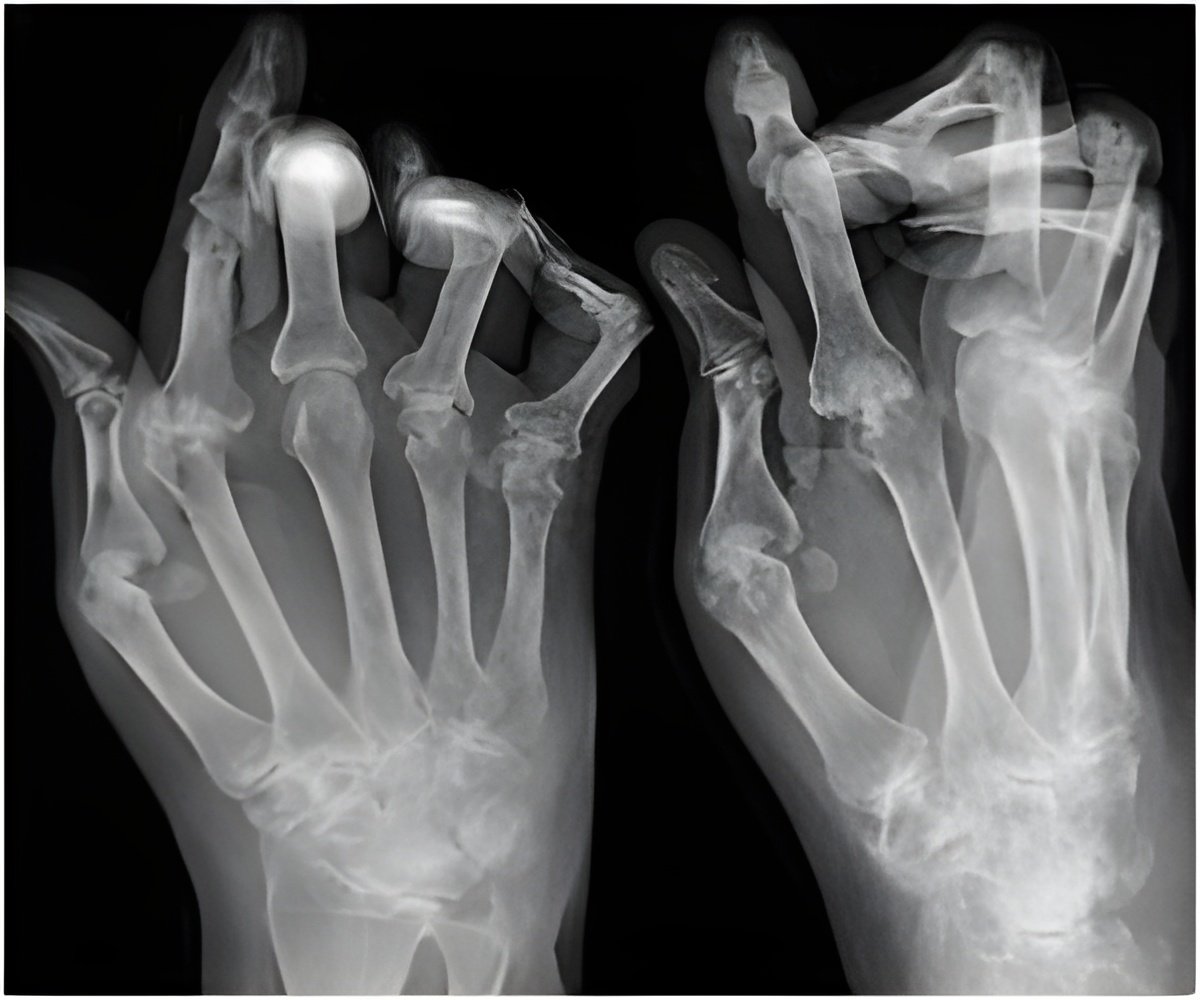
Prior to this study, researchers knew that an intracellular molecular pathway called Notch is involved in diseases such as cancer. In the last year, other scientists conducted a genome wide association study to identify genes that were linked to the development of rheumatoid arthritis. They discovered that a certain mutation in a gene involved in the Notch pathway puts patients at risk for RA, but nobody knew just how it was involved.
"We were intrigued. Nothing has been known about how the Notch pathway is important to RA," said Dr. Hu. Working with researchers at other institutions in the United States and abroad, HSS investigators started putting two and two together and noted that Notch might be involved in a misfiring of the immune system that is commonly seen in RA.
The researchers designed experiments to test whether the Notch pathway had an influence on macrophages, a type of white blood cell that is most commonly known for gobbling up pathogens but which can also cause inflammation. Macrophages that have gone awry possess widespread pro-inflammatory and destructive capabilities that can critically contribute to acute and chronic rheumatoid arthritis. "In the case of RA, inflammatory macrophages attack joints and they produce inflammatory mediators that basically sustain inflammation in joints," said Dr. Hu.
In experiments, researchers found that knockout mice that lack the Notch pathway in macrophages were unable to produce certain type of macrophages and exhibited a lesser inflammatory phenotype.
"Notch is essential for the development and function of a cell type called the inflammatory macrophages and if this pathway is missing in mice, then you don''t get good differentiation of the inflammatory macrophages," said Dr. Hu. In a nutshell, the Notch pathway is essential for the differentiation and function of inflammatory macrophages, and these macrophages are critical for human RA pathogenesis.
Advertisement
The researchers say the study provides the first explanation of how Notch contributes to rheumatoid arthritis pathogenesis. It also shows, for the first time, that investigational Notch inhibitors under development for cancer and Alzheimer''s could potentially be used to treat RA. Several Notch inhibitors are under development by various companies and a few are currently in Phase III trials.
Advertisement
The study was supported by funding from the National Institutes of Health and the American College of Rheumatology. Other authors involved in the study include Hospital for Special Surgery researchers Baohong Zao, Ph.D., Lionel Ivashkiv, M.D., Carl Blobel, M.D., Ph.D., Jimmy Zhu, Sinead Smith, and Allen Chung; Julia Foldi, Ph.D., and Chao Shi, Ph.D., from Weill Cornell Graduate School of Medical Sciences; Hasina Outtz and Jan Kitajewski, Ph.D., from Columbia University; Silvio Weber and Paul Saftig, Ph.D., from the Christian Albrechts Universitat Kiel, Kiel, Germany; Yueming Li, Ph.D., from Memorial Sloan-Kettering Cancer Center; and Keiko Ozato, Ph.D., from the National Institute of Child Health and Human Development.
Source-Newswise














